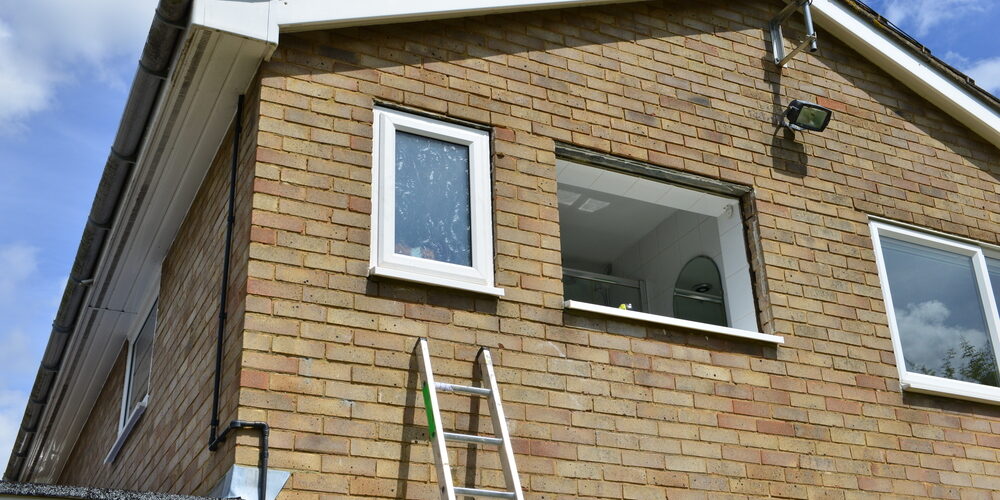Yes, tinting windows can make a house cooler by reducing the amount of solar heat (infrared radiation) that enters through the windows, which is a primary factor in the heating of indoor spaces. The effectiveness of window tinting in cooling your home depends on the type of tint used and its specific properties.
Here’s how window tinting contributes to a cooler home environment…
Solar Heat Reduction
- Heat Absorption and Reflection – Many window tints are designed to either absorb or reflect the sun’s rays, reducing the amount of heat that passes through the glass. This can significantly decrease indoor temperatures during sunny conditions.
Infrared Radiation Blocking
- Infrared Blocking – Advanced window tints, especially those made from ceramic or metallic materials, are effective at blocking infrared radiation, which accounts for a significant portion of the heat from sunlight. By targeting this part of the light spectrum, these tints can reduce heat without greatly diminishing natural light.
UV Light Reduction
- UV Protection – Window tints also block ultraviolet (UV) light, which, while not a major contributor to heat, can protect your home’s interior from sun damage and contribute to overall solar radiation reduction.
Energy Efficiency and Comfort
- Lower Energy Costs – By reducing heat gain, window tints can decrease the reliance on air conditioning systems, leading to lower energy bills.
- Improved Comfort – Reducing solar heat gain also helps eliminate hot spots and temperature imbalances within your home, making for a more comfortable living environment.
Glare Reduction
- Reduced Glare – In addition to cooling your home, window tints can reduce glare caused by direct sunlight, making it easier to see screens and reducing eye strain.
Considerations
- Window Orientation and External Factors – The effectiveness of window tints can vary based on the direction your windows face and any external shading (like trees or other buildings) that may already be reducing solar heat gain.
- Type of Window Tint – Different types of tints (e.g., dyed, metallic, ceramic) offer varying levels of heat reduction, UV protection, and visibility. Selecting the right type based on your specific needs is crucial.
- Professional Installation – Proper installation is key to maximizing the benefits of window tinting. Incorrectly applied tint can lead to bubbles, peeling, and reduced effectiveness.
In conclusion, window tinting is an effective way to make your house cooler by reducing solar heat gain, thereby improving comfort and potentially lowering cooling costs. Choosing the right tint and ensuring proper installation are important steps in maximizing these benefits.






